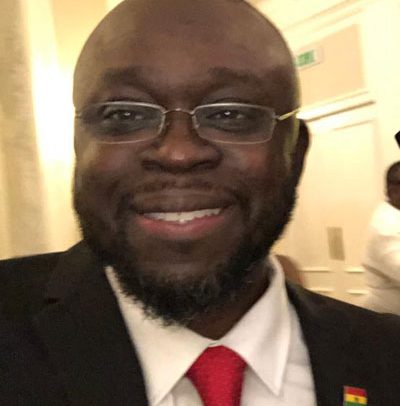Kwaku Bimpeh
The free senior high school (SHS) policy of the ruling NPP government, with all its exuberance and while addressing the issues of access and equity, has once again thrown up serious challenges about the quality of education in Ghana.
Arguably, the Dzobo report of 1973 set the pace for new educational thinking in Ghana. It was followed by the launch of the 1987 educational reforms under the Provisional National Defence Council (PNDC).
Introduced due to issues including the length of time it took to secure a degree and other deficiencies in the educational system led to the abolition of the 6-4-7-3 system (6 years of primary school, 4 years of middle school, 7 years of secondary education and 3 years of university) and the creation of the 6-3-3-4 system (6 years of primary education, 3 years of junior secondary(JHS), 3 years of senior secondary (SHS) and a minimum of 4 years of tertiary education).
Other problems that led to the reform was the lack of trained and qualified teachers, lack of funding for the educational sector, lack of educational resources such as textbooks and deterioration of school buildings among others. The 6 years of primary education and the 3 years of junior secondary constitute basic education in Ghana. Free compulsory basic education (FCUBE) was set up in 1995 in response to weaknesses with the 1987 educational reform and was to address specific issues such as poor access, poor quality and management deficiencies.
A widely accepted view by UNESCO is that education reduces poverty, boosts jobs and growth and while improving people’s chances of a healthier life, promotes healthy citizens and societies. Planning for education and development has never been so important than now in view of the arrival of free SHS (3 years of senior high school), which forms part of government’s policy of providing access to education for all children in Ghana.
While some argue the free SHS policy has been implemented too quickly due to challenges such as lack of infrastructure and the associated quality issues, many disagree with the earlier view and argue that this is the opportunity of a lifetime and the first time in Ghana’s history that both the rich and the poor have had to feel the benefits of public funding in an unprecedented manner. The government has however hinted that it has forged bilateral agreements with development partners for a huge infrastructural development in Ghana which will include a school building aspect. In addition, the GETFUND has been used to secure some external source of funding to upgrade some of the existing infrastructure and to build new spaces to meet the demand in numbers.
The policy, coupled with a move from ‘three school terms’ to a temporary ‘two school semesters’ and a new mode of entry called the ‘double-track system’, has allowed some over 180,000 students out of around 424,000 students who qualified to attend SHS who would have not been able to do so without the policy, according to the Ministry of Education. The free SHS policy is estimated to cost the Government of Ghana GH¢ 400million in 2017/ 2018 academic year, while the government has invested about GH¢ 3billion in the Nation Building Corpse (NABCO) project by creating 100,000 graduate jobs of which 43,000 teachers registered in the first round and about 9,000 new teachers being recruited to handle the double track.
Global education and economic experts argue that it is the quality of education that drives the rate of economic growth in a country and not the quantity of education – a definition highly contested. This has become more important in the Ghanaian context in the light of the free SHS. Without improving the school quality, countries like Ghana that wants to develop fully will find it difficult to improve their economic performance in the long run and hence will miss the opportunity for the educational system to reduce poverty and drive economic growth.
Planning for educational programmes is thus very important. Strong national policies that make quality teaching and learning a high priority are essential. UNESCO advises that quality must be made a strategic objective and should aim explicitly at improving education and learning outcomes.
bkasamoah@yahoo.com
00447949204396
The writer is an education and international development specialist based in UK.
By Kwaku Bimpeh


